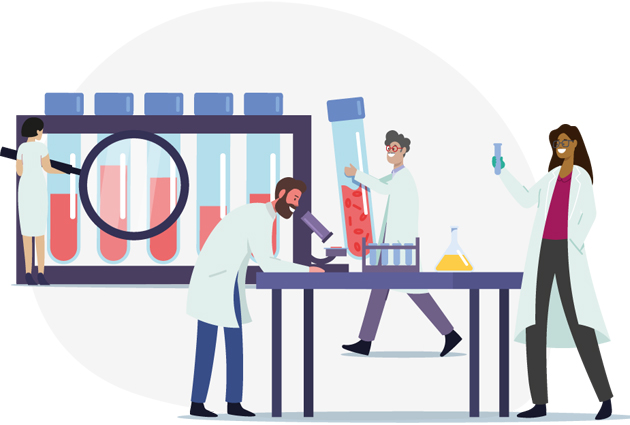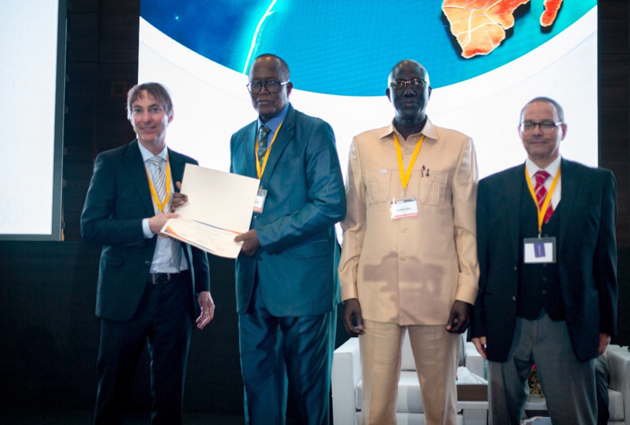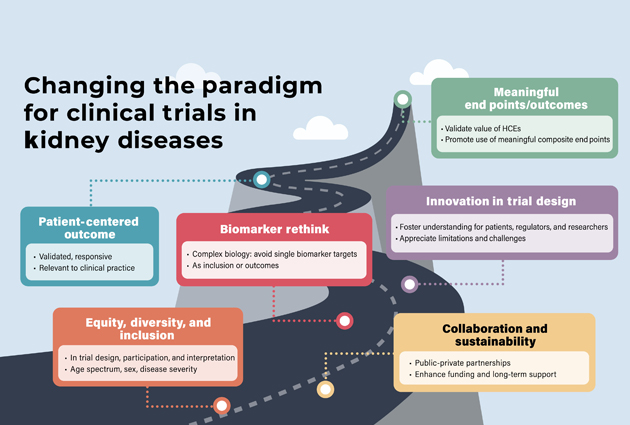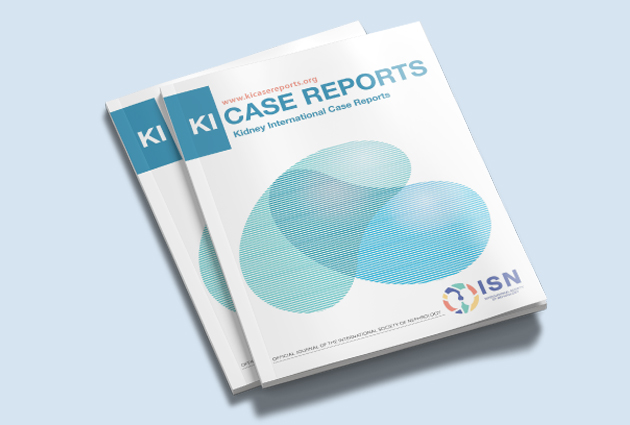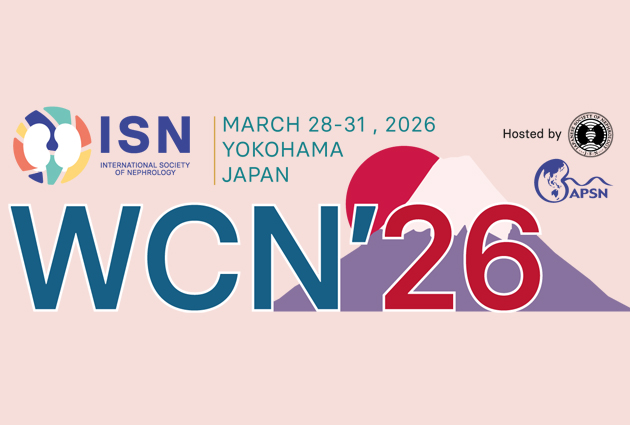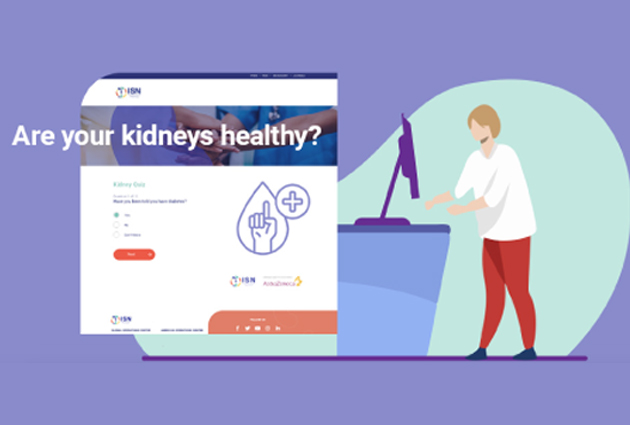Russia’s doctors learn more about AKI
 Doctors at Moscow City Nephrology Center got a refresher course from Italian sister center on the symptoms of Acute Kidney Injury and a frontier view on some kidney diseases.
Doctors at Moscow City Nephrology Center got a refresher course from Italian sister center on the symptoms of Acute Kidney Injury and a frontier view on some kidney diseases.
Since 2009, the ISN Sister Renal Center partnership between the Mario Negri Institute for Pharmacological Research and Moscow City Nephrology Center has offered valuable training to physicians and nurses.
In June, Past ISN President Giuseppe Remuzzi lectured on the latest understandings of thrombotic thrombocytopenic purpura (TTP), hemolytic uremic syndrome (HUS) and gave new insights into defining and treating membranoproliferative glomerulonephritis (MPGN).
“It was a unique opportunity to get an expert view from the person who implemented this term in nephrology,” adds Boris Bikbov, Associate Professor and Chair of Nephrology at the Moscow State University of Medicine and Dentistry.
The Mario Negri Institute for Pharmacological Research in Bergamo, Italy, has led research on these syndromes and recently helped to implement a novel diagnostic test for measuring complement C5b-9 complex activity in the solid phase. This provides the crucial information to define the pathophysiological state of the complement activation and adjust the treatment for HUS.
Prof. Remuzzi also discussed certain aspects of diagnostic and treatment facilities in Russia. Bikbov adds: “The collaboration between our centers has helped in the global improvement of prevention, detection, management and awareness of Chronic Kidney Disease and Acute Kidney Injury.”
Experts from both centers have played a key role in the Global Burden of Disease (GBD), Injuries and Risk Factors Study by modeling global epidemiology estimates for the burden of Chronic Kidney Disease (CKD) and Acute Kidney Injury (AKI).
These study results have already been published in The Lancet. In collaboration with the Institute of Health Metrics and Evaluation in Seattle (USA), the group will produce more detailed estimates of CKD burden and its global relationships with cardiovascular diseases, as well as worldwide AKI burden.

